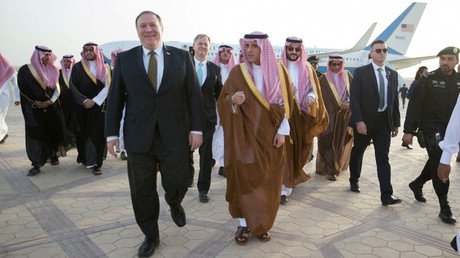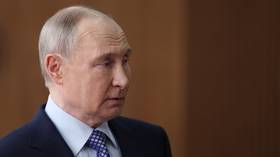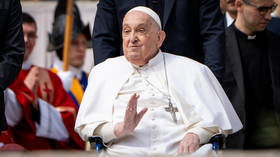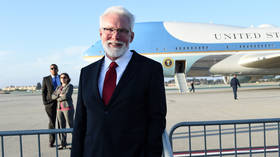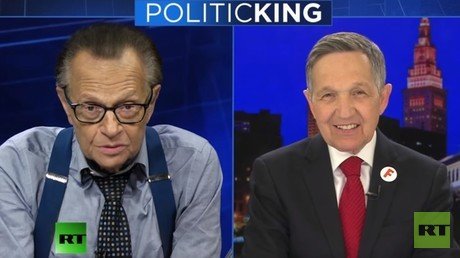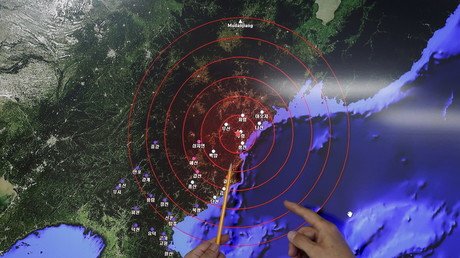Rouhani tells Macron Iran nuclear deal ‘non-negotiable,’ Pompeo says ‘fix it’ or let it die
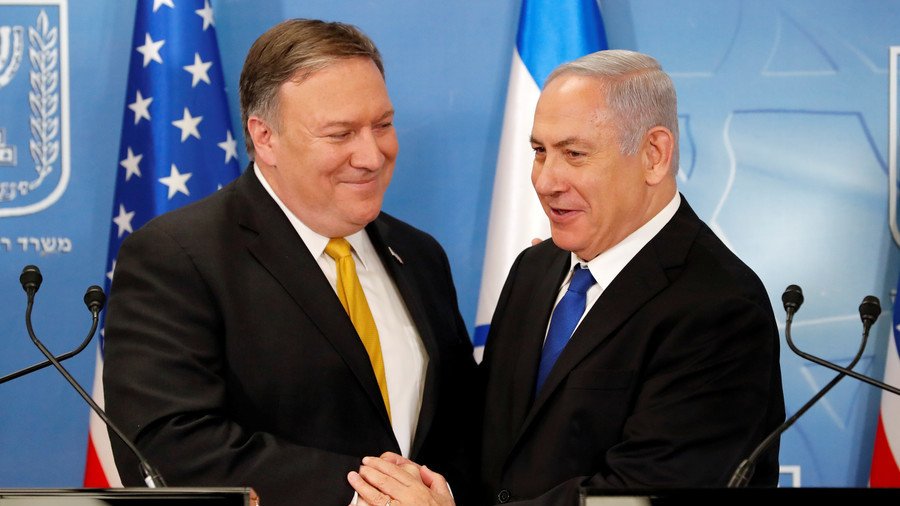
Disagreements over the 2015 nuclear deal are growing sharper as Tehran says it will not make any additional concessions, while Mike Pompeo and Benjamin Netanyahu lob barbs at Iran during the state secretary’s visit to Israel.
“The nuclear deal or any other subject under its pretext is not negotiable in any way,” Iranian President Hassan Rouhani told his French counterpart, Emmanuel Macron, following a phone call on Sunday.
“Iran will not accept any restrictions beyond its commitments,” Rouhani was cited as saying by his press service in relation to the Joint Comprehensive Plan of Action (JCPOA) that eased sanctions on the Islamic Republic in exchange for a slowdown of its nuclear program.
READ MORE: French envoy to Israel warns of possible war with Iran if Trump kills nuclear deal
In a symptom on the growing tensions, Iran announced last week that it would no longer use the dollar for its international transactions, while also calling for nations around the world to unite against Washington’s “bullying.”
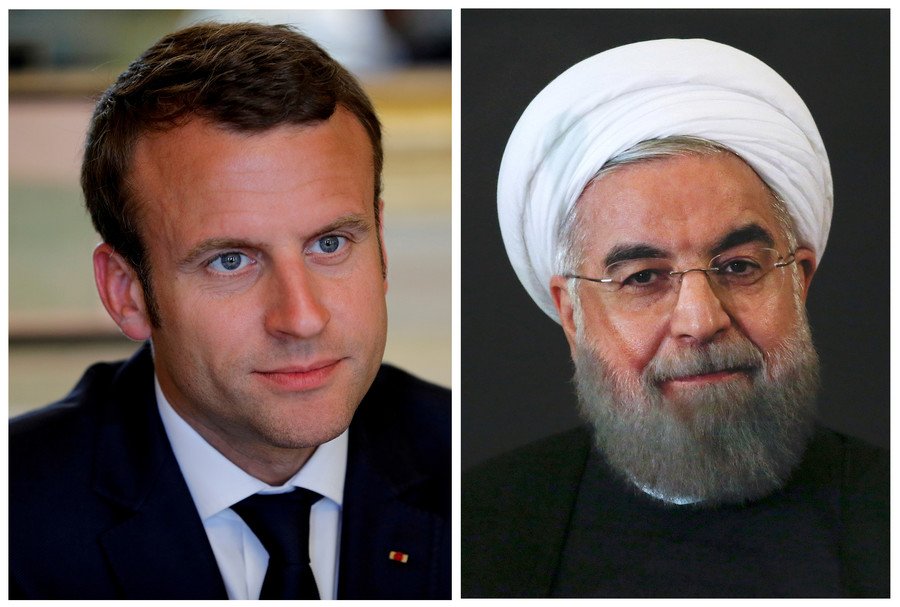
The Elysee presented a more optimistic version of the same exchange, emphasizing that the two leaders spoke for more than an hour and agreed to work on rescuing the agreement, which has primarily come under fire from Washington.
France pointed out that the conversation centered not only on the fate of the country’s nuclear program beyond the term of the current deal but other “indispensable topics,” such as the country’s burgeoning missile program, which is not covered by the terms of the JCPOA, as well as the broader geopolitics of the Middle East.
Pompeo says Iran ‘behaving worse’ since signing deal
While Macron has styled himself as the go-between savior of the nuclear agreement, the US showed no signs of softening on what newly-appointed Mike Pompeo called a “very flawed” agreement during his flash tour of Saudi Arabia, Israel and Jordan.
Pompeo, who came in with a hawkish reputation on Iran, said that the Islamic Republic felt emboldened to “behave worse” since signing the deal, citing its support of the Houthis in Yemen, ballistic missile tests and their involvement in the Syrian war on the side of Bashar Assad.
With a May 12 deadline looming for Trump to recertify the agreement, “if we can’t fix it, he is going to withdraw.” It is believed that the US desires to widen the scope of the programs covered by the deal and remove the time restrictions.
Following the talks that lasted two hours, Pompeo and Netanyahu’s statements during the press conference often echoed each other.
"Iran is trying to gobble up one country after the other. Iran must be stopped. Its quest for nuclear bombs must be stopped. Its aggression must be stopped," said Netanyahu, who is both Israel’s prime minister and foreign minister, adding that the greatest danger to the world was "the marriage of militant Islam with nuclear weapons, and specifically the attempt of Iran to acquire nuclear weapons."
In turn, Pompeo said that the US “stands with Israel” over Iran, while both officials said that they were looking forward to the imminent relocation of the US embassy to Jerusalem.
